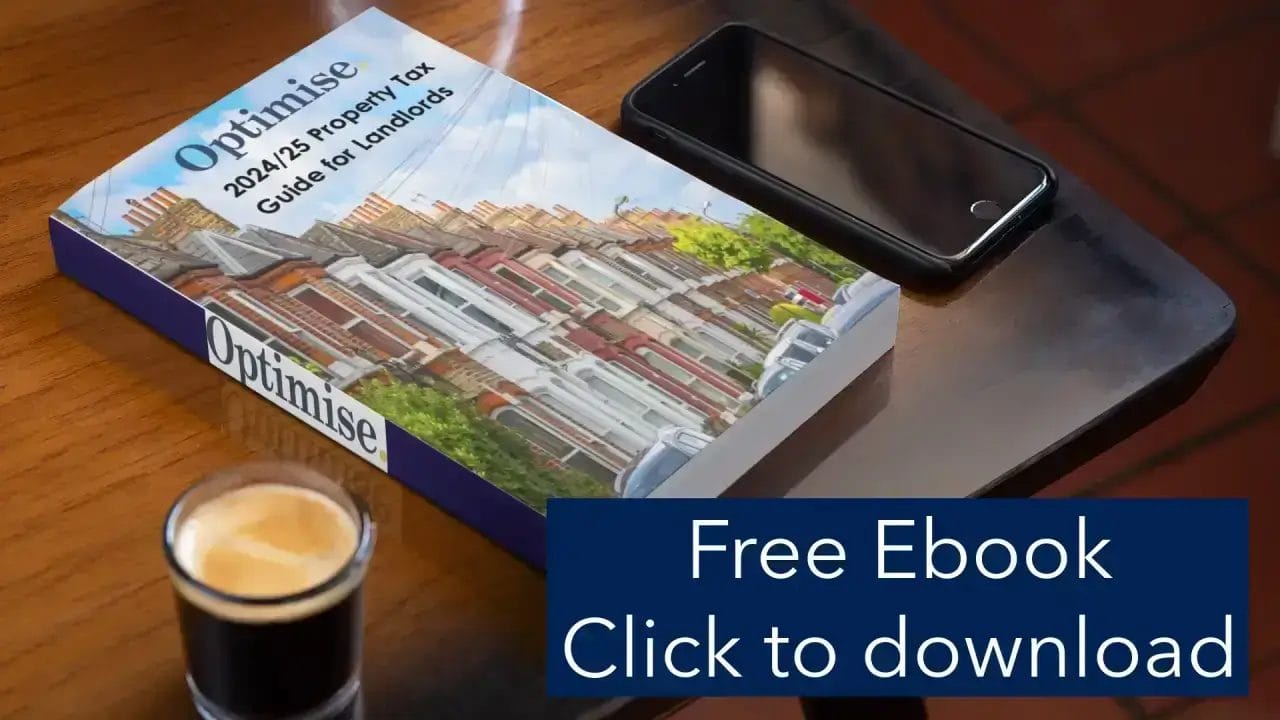Mastering Your UK Property Rental Income Tax Return
Filing your property tax return in the UK can seem overwhelming, but it doesn’t have to be. Understanding the process can save you money and keep you compliant with the law. This guide will walk you through everything you need to know about UK rental income tax returns, from what counts as rental income to common deductions and how to file accurately.
What is Rental Income?
Your Residential or commercial property investments generate a rental income, which includes any payment you receive for the use or occupation of the property. This can be a house, flat, commercial space, or even land. Payments can come from long-term leases or short-term rentals, like those through Airbnb.
You must accurately determine your rental income to correctly file your rental self-assessment. This includes:
– Rent payments received
– Advance rent payments
– Any expenses paid by tenants that you would typically pay
– Legal fees expensed to evict tenants
One of the most significant advantages of owning rental property is the range of allowable deductions you can claim. These deductions can significantly lower your tax bill. Common deductions include:
– Mortgage interest (Section 24)
– Operating expenses (utilities, insurance, maintenance)
– Repairs (fixing existing issues, not improvements)
Filing Your Rental Income Self-Assessment
Filing your rental income self-assessment tax return to HMRC involves reporting your income and deductions accurately. Here’s a step-by-step guide to ensure you file correctly:
– Collect All Income Information. Gather all records of rent payments, advance payments, and other income sources.
– Document All Expenses Keep detailed records of all deductible expenses. Receipts, invoices, and bank statements are essential.
– Fill Out the Right Forms. Rental income is usually reported on the Self Assessment tax return (SA100) and the supplementary property form (SA105).
– Double-check all your entries for accuracy before submitting your return to HMRC.
Even experienced landlords can make mistakes when filing their rental income self-assessment. Here are some common pitfalls to watch out for:
– Failing to Report All Income: Ensure you report all rental income, including payments made directly to you and those paid on your behalf.
– Overlooking Deductions: Don’t miss out on allowable deductions. Every expense related to your rental property can potentially reduce your taxable income.
– Mixing Personal and Rental Expenses: Keep your expenses separate from your rental property expenses to avoid complications.
Getting Professional Help
If filing your returns to HMRC can be daunting, consider seeking professional help. A qualified advisor or accountant specialising in rental properties can ensure your accounts are accurate and optimised for maximum savings.
Filing your rental income self-assessment doesn’t have to be stressful.
With the right information and careful preparation, you can navigate the process smoothly and take full advantage of all the deductions and benefits available to you. Accurate reporting and understanding of your allowable deductions can save you significant money.
Rental income includes any payment you receive for the use or occupation of the property, including rent payments, advance rent, and payments made on your behalf.
Common deductible expenses include mortgage interest, operating expenses, repairs, etc
Individuals usually report rental income on the Self Assessment (SA100) and the supplementary property form (SA105).
If you find the process overwhelming, hiring an advisor or accountant specialising in rental properties can ensure accuracy and optimise your deductions.




